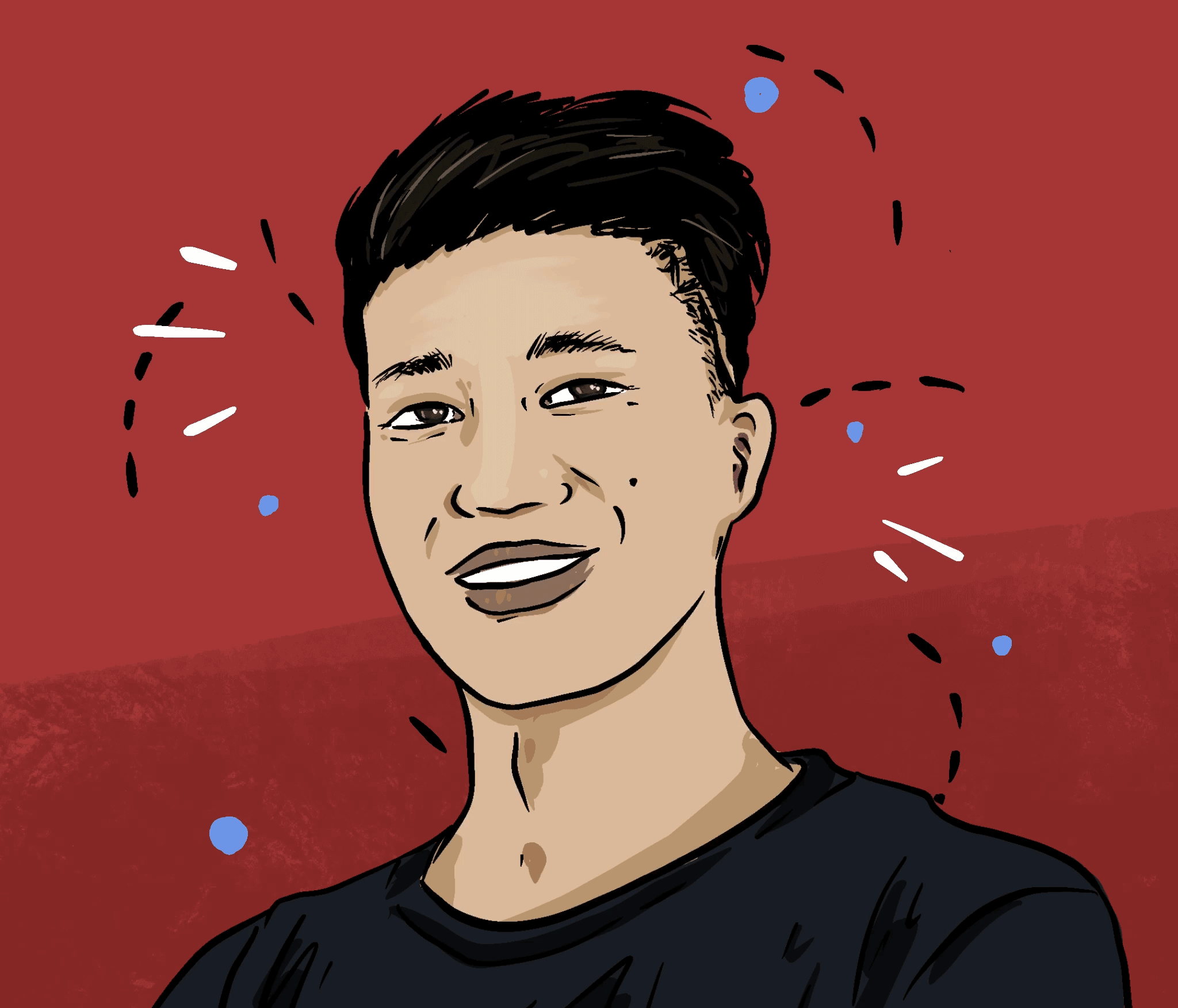“As long as I am alive, I will work and keep going”
YANGON, May 3, 2021) – Four months after the coup, the Myanmar junta continues its bloody crackdown on anti-coup protesters, politicians, and media, with nearly 800 people killed and more than 3,000 arrested. In an effort to suppress information of ongoing human rights violations, the military junta shut down the internet and banned local media outlets from broadcasting coverage on mass protests and deadly attacks. On the ground, the Myanmar security forces are still detaining journalists.
“Now, in this situation, the people of Myanmar are really worrying because there have been a lot of human rights abuses—physically and psychologically—due to the Myanmar military’s killing, torturing, and arresting without a warrant daily,” said Kyaw Hsan Hlaing, a 24-year-old Myanmar journalist. “The thing I can do is to stand up for them.”
Born in 1996 in a small village in northern Rakhine State, Kyaw Hsan Hlaing remembers the hardships of living under a military dictatorship from a young age. “I attended a Buddhist monastery school due to my parent’s financial difficulties,” he told Fortify Rights. “In 2019, I got a scholarship and attended a year-long political science program at Naushawng Community School in Kachin State. If I hadn’t got the scholarship, I wouldn’t have attended because of my financial difficulties.”
In his youth, Kyaw Hsan Hlaing’s ambition was to become a politician or policymaker to work towards improving the lives of marginalized groups.
Kyaw Hsan Hlaing’s childhood dream shifted when the conflict between the Myanmar military and the Arakan Army—an ethnic Rakhine armed group operating in Rakhine State—intensified in early 2019.
“After I saw a lot of human rights abuses, I decided that being a journalist is one of the tools to solve this,”he said. “I believe that I can show the world the impunity of the Myanmar military and what’s happening. I feel that injustice is everywhere across the country, especially injustice for marginalized communities.”
Journalism has long been a dangerous profession in Myanmar, but that threat significantly increased following the February 1 coup d’état. Kyaw Hsan Hlaing told Fortify Rights about the dangers he faced as a reporter covering the coup, including being threatened by security forces while covering a protest in Yangon on February 27:
“The police fired tear gas, and I ran. At the time, my friend and I confronted the soldiers directly. The soldier pointed his gun at me and said, ‘I don’t want to shoot you. Go back home.‘ The soldier didn’t know that I was a journalist because I wasn’t carrying my camera. I dressed like other people. If I was wearing a journalist badge, I could be targeted. I immediately left. Like in a movie, I ran.”
Since the coup, he also received threatening, anonymous messages: “Where are you now?,” “I know your location. You can’t do this anymore.”
Fearing nighttime raids and arrest, Kyaw Hsan Hlaing and his colleagues sheltered in place. “At night, we couldn’t go out. If I go out, I could be shot dead or arrested at any time,” he said. “It is as if there is no rule of law within the country.”
Despite the threats and harassment, Kyaw Hsan Hlaing promised himself that whatever happens in the near future, he will keep telling the world the truth of what’s happening in Myanmar. “As long as I am alive, I will work [as a journalist] and keep going. I will work for human rights, peace, and social justice for the marginalized and vulnerable.”
When asked about the future of Myanmar, he told Fortify Rights:
”Myanmar is a very diverse and beautiful country, but we need to get rights for everyone. For the near future, I want equal rights for everyone, especially self-determination for ethnic people. I would love to urge the international community to stand with Myanmar people, especially with oppressed people. Now, nearly 800 civilians are dead, and more than 3,000 civilians are in detention . . . We must eliminate military dictatorship and form a federal democratic country that is based on justice, equality, and freedom for everyone.”
